Main events in the Maghreb and the Mashreq areas – September
Algeria: The growing importance of Algeria-Turkey relations
Both Algeria and Turkey are keen to build a relationship that is mutually beneficial- but challenges remain. Instability in the broader Middle East, in particular Libya, and a desire to broaden political and economic links, have brought Algeria and Turkey closer. Deepening relations between the two countries is still a relatively recent phenomenon. The “Friendship and Cooperation Agreement” signed in 2006 in Algeria under the current AK Party government, marks one of the first attempts by Ankara to re-calibrate its relations with the West and the global south. Since then, there have been an additional three state visits by Erdogan, the latest in January 2020, following the departure of Algerian President Abdelaziz Bouteflika who was pushed out of power and forced to resign in April 2019 (Gjevori, 2020).
Egypt: Egypt cuts interest rates by 50 bps as inflation subsides.
Egypt’s central bank unexpectedly cut its main overnight interest rates by 50 basis points on September 24th, saying exceptionally low inflation gave it room to help boost the economy. The bank’s Monetary Policy Committee (MPC) reduced the lending rate to 9.75 percent and the deposit rate to 8.75 percent. Inflation remained well below the central bank’s target range of 6 percent to 12 percent (MPC, 2020).
Israel: a new peace deal with the United Arab Emirates
US President Donald J. Trump and Israeli Prime Minister Benjamin Netanyahu on September 15th joined the foreign ministers of the United Arab Emirates and Bahrain at the White House to mark historic normalization agreements between Israel and the two Arab countries. Israel officially established full diplomatic ties with Bahrain and the United Arab Emirates (UAE). On the one hand, the agreement is a sign of Middle East peace, on the other hand it could be considered as the establishment of a new front against Iran and Turkey.
Lebanon: Macron attacks Hizbollah for failure to form Lebanon government
In less than a year, Lebanon has been hit by an economic meltdown, mass protests, financial collapse, a virus outbreak and a huge explosion in August that virtually wiped out the country’s main port, killing more than 190 people and causing up to $4.6bn worth of damage to the capital Beirut.
Recently, French president warns of ‘civil war’ and calls on Beirut’s politicians to compromise: French president Emmanuel Macron blamed the Iran-backed political party and paramilitary group Hizbollah for sabotaging the French-sponsored process to form a Lebanese crisis government and called on Beirut’s political class to try again over the next six weeks. Macron’s speech came after Lebanon’s prime minister-designate resigned on September 26th, saying he was unable to form an emergency government to tackle the overlapping crises which have left Lebanon suffering its most severe turbulence since its 15-year civil war ended in 1990 (Cornish, Abboud, 2020).
Morocco: Moroccan security chief warns of terror ‘time-bomb’ in the region
The Moroccan security chief Abdelhak Khiame, head of the Central Bureau of Judicial Investigation (BCIJ), warned that the so-called group Islamic State “has developed in the Sahel-Sahara region, with the conflict in Libya and in countries like Mali which do not control their security”. The Sahel covers western and north-central Africa. “Terrorist cells and terrorism are growing in the region but also organised crime networks, drug trafficking, weapons and human beings”.
About economy, the Minister of Economy, Finance and Administration Reform Mohamed Benchaâboun stated that the national economy is expected to grow by 4.8% in 2021. Given the scenario of the International Monetary Fund (IMF) concerning the recovery of the world economy (+5.2%), notably in the euro zone (5.3%), national economic growth should stand at 4.8%». However, this growth could not completely offset the economic contraction of 2020, which is forecast at -5.8%, due to the postponement of the recovery of some sectors such as tourism and related activities, as well as the deterioration of the labor market and corporate investment – the Minister stated.
Syria: Carabinieri arrest Italian ‘ISIS bride’ in Syria
The ROS unit of Italy’s Carabinieri police said September 29th that it has arrested Alice Brignoli, an Italian ‘ISIS bride’, in Syria. Brignoli was the wife of Mohamed Koraichi, an Italian with Moroccan roots who became an ISIS militant. The couple left Italy to join the so-colled Islamic State (IS) in Syria in 2015, taking their three children with them. Koraichi, who is thought to have died, took part in IS military operations while the ROS said that Brugnoli had an “active role in teaching the children the cause of the jihad”. She is accused of criminal association for terrorism. The ROS unit tracked down Brignoli and her four children – she gave birth to her fourth child in Syria – and have brought them back to Italy (ANSA).
UK government probing cyber-attack over Syria propaganda leaks. Hackers have penetrated the computer systems of the UK’s foreign ministry and taken hundreds of files detailing the country’s controversial propaganda programmes in war-torn Syria. In a security breach of enormous proportions, the hackers appear to have deliberately targeted files that set out the financial and operational relationships between the Foreign, Commonwealth and Development Office (FCDO) and a network of private-sector contractors that have been covertly running media platforms in Syria throughout the nine-year civil war (Middle East Eye, 2020)
Tunisia: Tunisia rejects any military solution in Libya
Tunisian Prime Minister Hichem Mechichi reiterated on September 28th that he rejects any military solution in Libya and intervention in its internal affairs. Addressing heads of Tunisian diplomatic missions, he said combining efforts to push the political settlement forward through an intra-Libyan dialogue under UN supervision. In response to the UAE and Bahrain signs of the US-sponsored agreements to establish diplomatic relations with Israel, Mechichi also stressed on Tunisia’s firm position on supporting the legitimate rights of the Palestinian people based on the 2002 Arab Peace initiative (Thabeti, 2020).








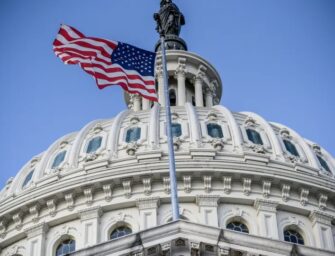
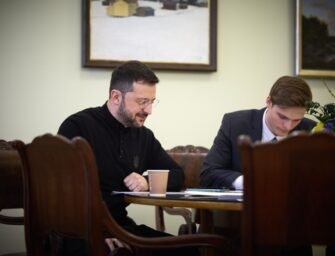
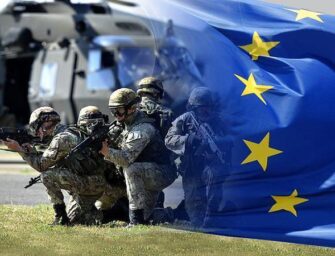




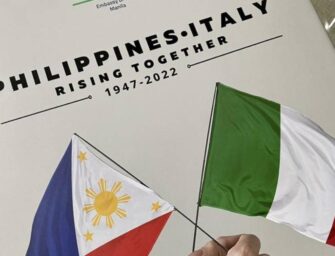

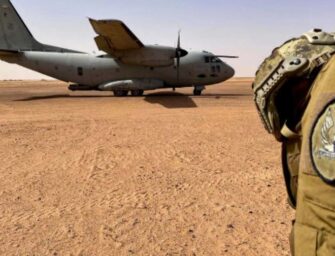



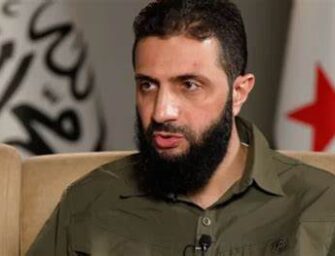
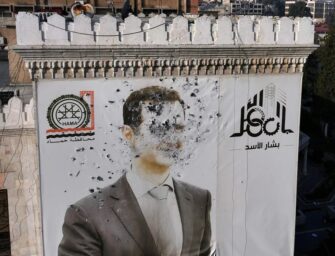
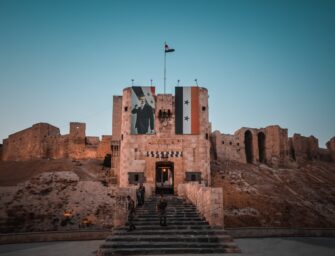



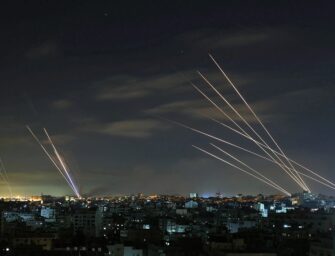

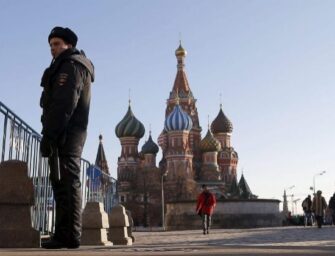
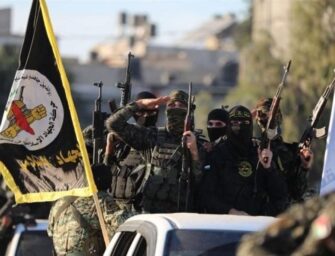
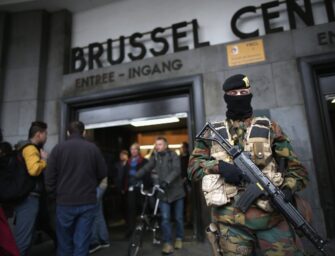

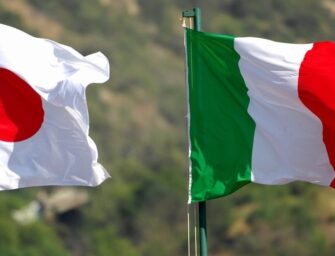
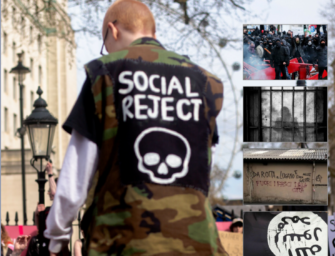

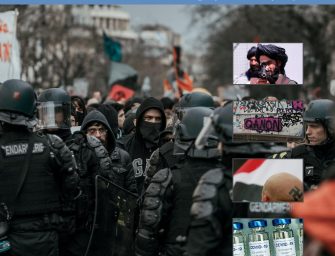

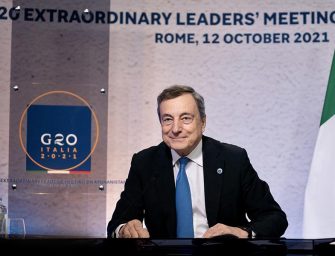



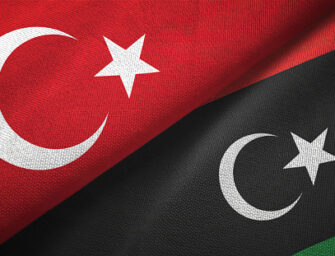
There are no comments
Add yours